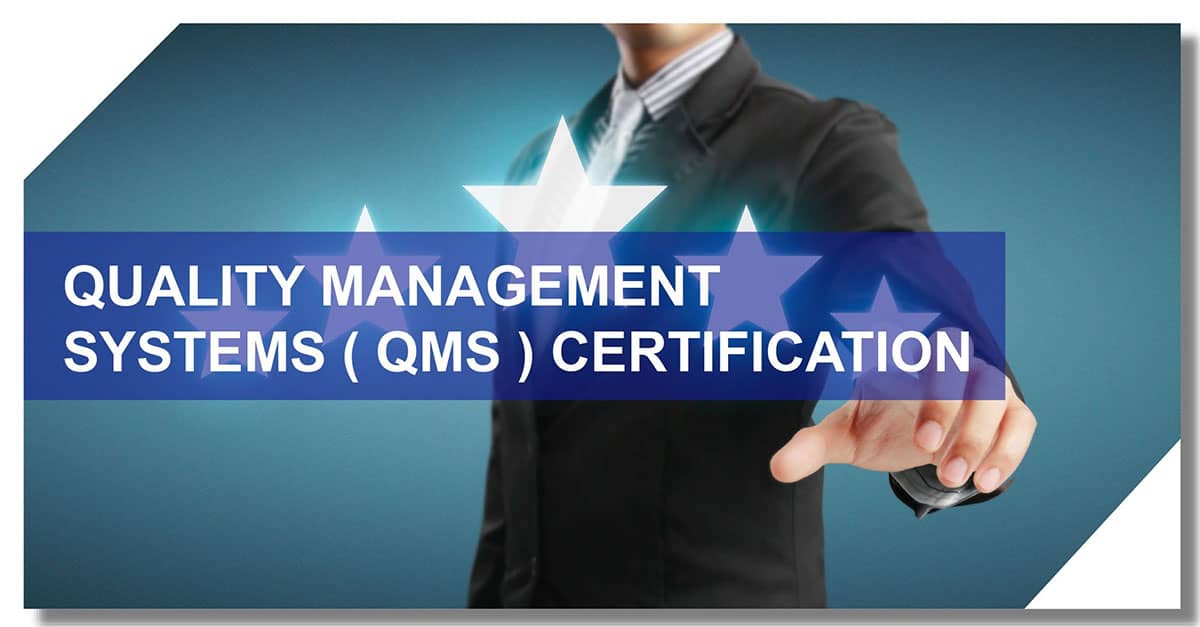Quality Management System (QMS) Consultants in Brazil
QMS Certification Services for Medical Devices
A Quality Management System (QMS) is a crucial element in medical device manufacturing. It ensures product safety, regulatory compliance, and customer satisfaction. For medical device manufacturers in Brazil, implementing a robust QMS is not just a requirement but a foundation for global market success.
At Operon Strategist, we provide expert consulting, training, and documentation support to help manufacturers design, implement, and maintain effective QMS aligned with ISO 13485:2016, US FDA 21 CFR Part 820, and ANVISA requirements.
What is a Quality Management System (QMS)?
A QMS is a structured framework that covers all aspects of design, manufacturing, clinical evaluation, risk management, and regulatory compliance. Its main purpose is to improve product quality, streamline processes, and meet international regulations. For global markets like the US, Europe, and Brazil, manufacturers must comply with:
- ISO 13485:2016 – International QMS standard for medical devices.
- US FDA 21 CFR Part 820 (QSR) – Quality System Regulation.
- ANVISA QMS requirements – Specific to Brazil’s medical device regulations.
Let's Grow Your Business Together
Why QMS is Important for Medical Device Manufacturers?
- Ensures compliance with ANVISA and international regulatory standards.
- Improves operational efficiency and reduces errors.
- Builds customer trust with consistent product quality.
- Facilitates global market entry (USA, Europe, Australia, Canada, etc.).
- Strengthens documentation control and risk management.

QMS Certification Services We Provide in Brazil
Our QMS consulting services include:
- Gap analysis & QMS implementation as per ISO 13485 & ANVISA requirements.
- Internal audits and mock inspections for regulatory readiness.
- QMS training programs for management and staff.
- Support for ISO 9001, ISO 13485, ISO 15378 certifications.
- Guidance for US FDA 21 CFR Part 820 (QSR) compliance.
What Are the Benefits of QMS?
QMS is important to build trust as a design or as a manufacturing company.
- It improves processes and increases efficiency.
- It ensures the consistent quality of products and services.
- It helps to build a reputation and it creates trust among the customers.
Why Choose Operon Strategist?
- Specialized in medical device regulatory consulting.
- Expertise in ANVISA, ISO, and US FDA QSR compliance.
- Experienced team of auditors and regulatory professionals.
- End-to-end support – from QMS design to certification approval.
- Successful track record with international clients in Brazil and global markets.
We also provide medical device consultation for India, Saudi Arabia, the USA, the UK, South Africa, Oman, Iran & Egypt. Feel free to contact us.
FAQ
What is a Quality Management System (QMS) for medical devices?
A QMS for medical devices ensures compliance with regulatory and quality standards, including ISO 13485 and FDA 21 CFR Part 820, by implementing structured processes for design, manufacturing, and post-market surveillance.
Why is ISO 13485 important for medical device manufacturers?
ISO 13485 is a globally recognized standard that defines the requirements for a quality management system specific to medical device manufacturers, ensuring product safety, regulatory compliance, and risk management.
What are the key components of a medical device QMS?
Key components of a medical device QMS include design controls, risk management, document control, supplier management, CAPA (Corrective and Preventive Actions), internal audits, and post-market surveillance.
What is the difference between ISO 13485 and FDA 21 CFR Part 820?
ISO 13485 is an internationally recognized standard for medical device QMS, while FDA 21 CFR Part 820 is the Quality System Regulation (QSR) enforced by the U.S. FDA for medical device manufacturers selling in the United States.